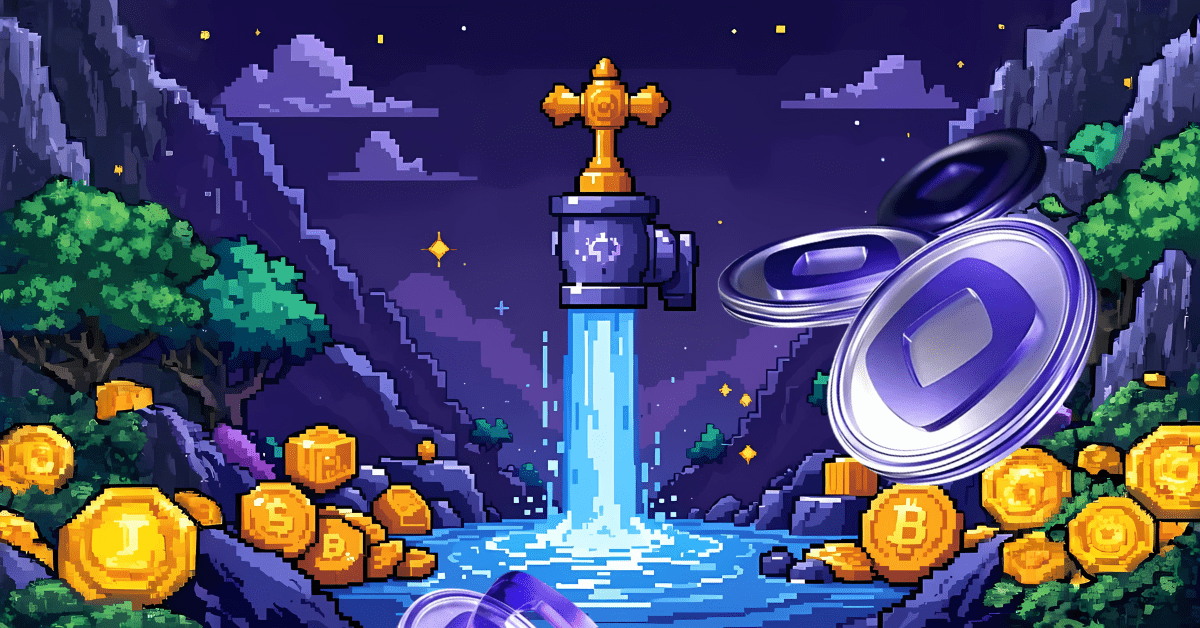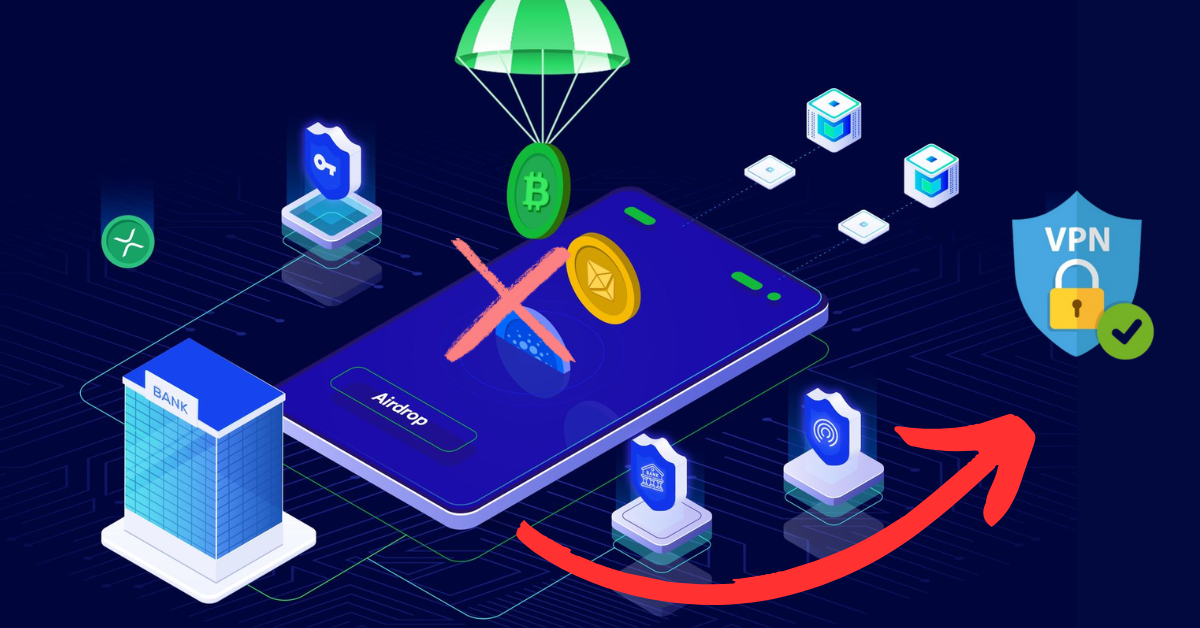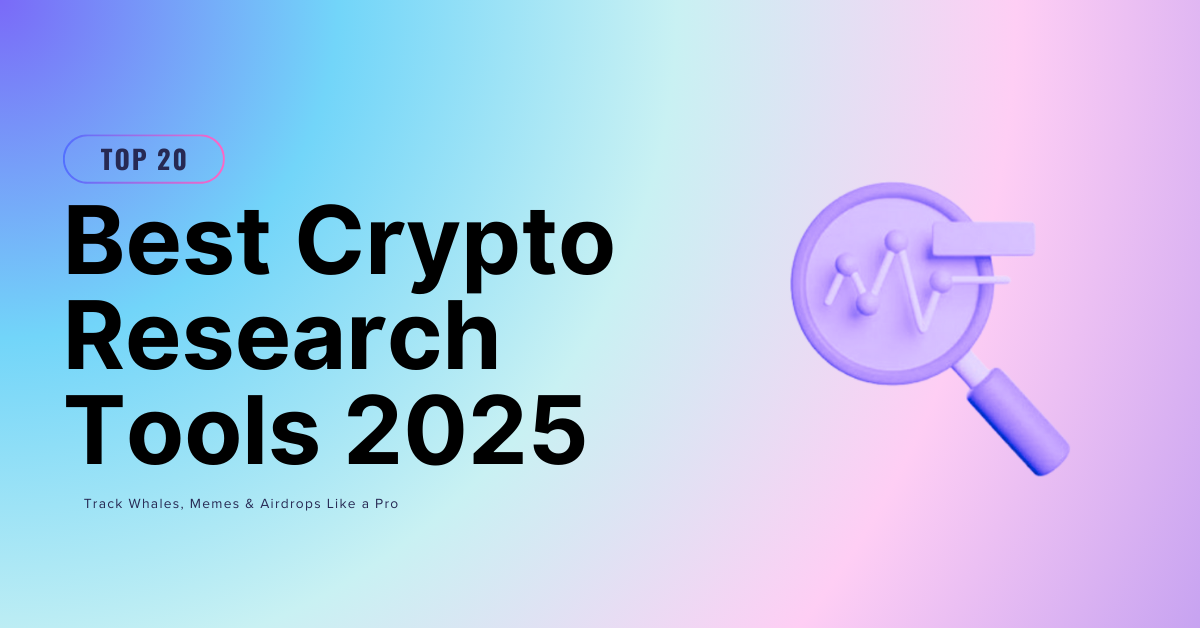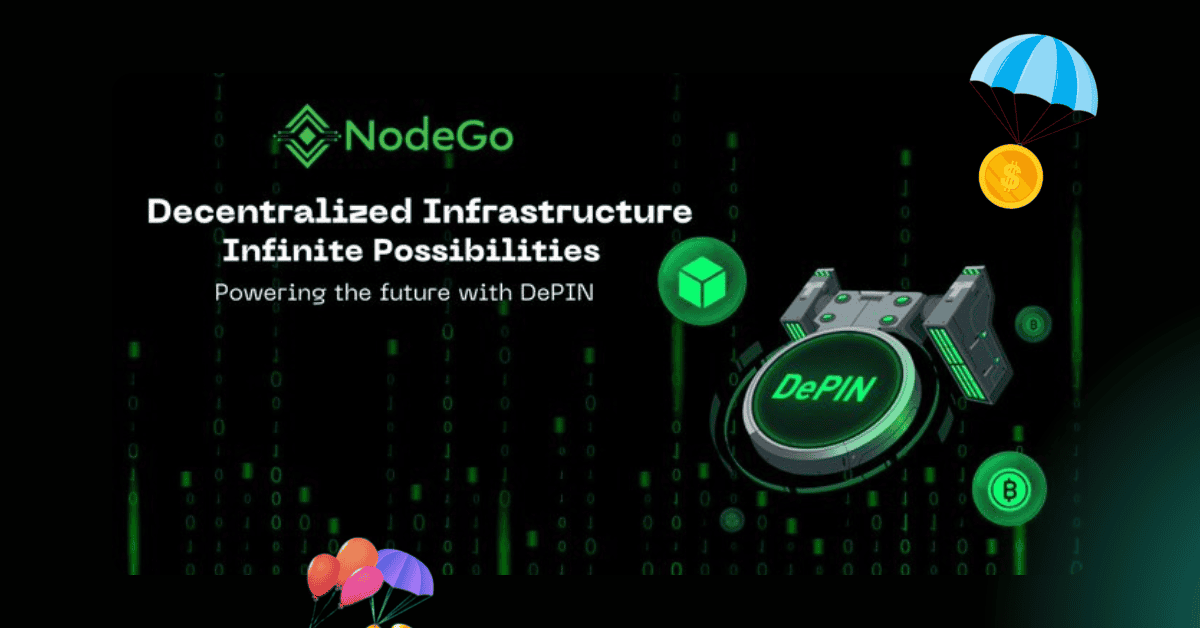In the world of crypto, terms like cryptocurrency and tokens are often used interchangeably, but they are fundamentally different. While they share similarities, understanding the differences between cryptocurrency and tokens is crucial for anyone looking to understand the crypto space more deeply. In this blog post, we’ll break down these terms clearly and explain how they function within the blockchain ecosystem.
Table of Contents
ToggleWhat is Cryptocurrency Coin?
Cryptocurrency is the native digital currency of a blockchain network. Simply put, it’s the primary asset used on a specific blockchain. For example, Bitcoin (BTC) is the cryptocurrency of the Bitcoin blockchain, and Ether (ETH) is the cryptocurrency of the Ethereum blockchain.
Cryptocurrencies, by definition, are designed to serve as a medium of exchange, allowing individuals to send and receive value over a decentralized network. The primary function of cryptocurrency is to:
- Pay transaction fees on the network,
- Mine the blockchain (for blockchains that use Proof of Work), or
- Stake coins in a network (for Proof of Stake systems) to help secure the network and earn rewards.
In short, cryptocurrencies are integral to the blockchain they belong to. They help maintain the blockchain’s decentralized nature and are used as a form of payment within that ecosystem. Some of the most popular examples include:
- Bitcoin (BTC): The first and most famous cryptocurrency, used to transfer value securely over the Bitcoin network. You can learn more about Bitcoin’s function and history here.
- Ether (ETH): The currency used to fuel transactions on the Ethereum network, supporting everything from smart contracts to decentralized applications. For more on Ethereum, visit Ethereum.org.
- Litecoin (LTC): Another popular cryptocurrency known for faster transaction speeds compared to Bitcoin.
- Solana (SOL): A high-speed blockchain cryptocurrency with a focus on scalability. Discover more about Solana on Solana’s official site.
- Cardano (ADA): Known for its focus on security and scalability, designed to be a more sustainable alternative to other blockchain platforms. Check out Cardano’s updates on their blog.
What is a Token?
Unlike cryptocurrency, a token is not the native currency of a blockchain. Instead, tokens are built and created on top of an existing blockchain platform. These tokens leverage the blockchain’s infrastructure to exist and perform various functions.
For example, on the Ethereum blockchain, a developer can use Ethereum’s infrastructure and smart contracts to create a token. These tokens can serve a wide variety of purposes based on the developer’s needs. Tokens can represent assets like digital collectibles, voting rights, utility within an app, or even a financial stake in a project.
One of the most notable token standards for the Ethereum network is ERC-20. Tokens created with this standard are known as ERC-20 tokens, and they adhere to specific rules that make them compatible with the Ethereum network and wallets. Other blockchains like Solana and Cardano also have their own token standards.
Some popular examples of tokens include:
- Aave (AAVE): A decentralized lending and borrowing platform, Aave’s token is built on the Ethereum blockchain and is used for governance and staking. Learn more about Aave’s use case on their official site.
- Wrapped Ether (WETH): A tokenized version of Ether, created on Ethereum’s blockchain to facilitate trading with ERC-20 tokens.
- Chainlink (LINK): A decentralized oracle network where LINK tokens are used to pay for data services on the network. For more about Chainlink, visit Chainlink’s site.
- Uniswap (UNI): A decentralized exchange platform on Ethereum that uses UNI tokens for governance and staking purposes. Read about Uniswap on their website.
Tokens can be used for a variety of functions:
- Utility: They may give users access to services or functionalities within a specific application or platform.
- Security: They can represent a stake or ownership in a project, like in Initial Coin Offerings (ICOs) or Security Token Offerings (STOs).
- Governance: Many tokens, such as those used by decentralized finance (DeFi) platforms, allow holders to vote on decisions related to the project or protocol.
- Asset Representation: Tokens can represent real-world assets like property, commodities, or even rare digital assets such as NFTs (non-fungible tokens).
Key Differences Between Cryptocurrency and Tokens
While both cryptocurrency and tokens exist within the blockchain space, they serve different functions and are built differently. Let’s break down the key differences:
- Native Coin vs. Created Asset:
- Cryptocurrency is the native digital currency of a blockchain. It’s embedded within the network’s core infrastructure and is necessary for the blockchain’s operation.
- Token is a digital asset created on top of an existing blockchain, using that blockchain’s infrastructure to function.
- Use Cases:
- Cryptocurrency is used mainly as a medium of exchange, a store of value, and to pay network fees. It may also be mined or staked.
- Tokens serve more specialized purposes. Their use cases can vary widely and are determined by the specific application. Tokens can be used for governance, gaming, decentralized finance (DeFi), lending, and even as representations of real-world assets.
- Examples:
- Cryptocurrency Examples: Bitcoin, Ethereum, Litecoin, Cardano, Solana.
- Token Examples: Aave (AAVE), Wrapped Ether (WETH), Uniswap (UNI), Chainlink (LINK), and NFTs.
- Blockchain Network:
- Cryptocurrency is native to a specific blockchain, like Bitcoin or Ethereum.
- Tokens are launched on existing blockchains using their respective token standards (e.g., ERC-20 on Ethereum, SPL tokens on Solana).
Why Understanding These Differences Matters
Understanding the distinction between cryptocurrencies and tokens is vital for a few reasons:
- Investment Decisions: Knowing whether you’re dealing with a cryptocurrency or a token can impact your investment strategy. Cryptocurrencies often have more inherent value because they’re necessary to maintain and operate the blockchain itself. Tokens, on the other hand, may only have value within the specific use case they were created for.
- Blockchain Development: For developers and blockchain enthusiasts, understanding when to create a token or when to launch a new cryptocurrency is crucial. The infrastructure of a public blockchain like Ethereum allows for easy token creation, but building a cryptocurrency requires creating a new blockchain network.
- Security and Regulation: Cryptocurrencies are typically subject to different regulatory standards compared to tokens, especially since tokens can represent various assets or purposes, which may be subject to specific regulations (like securities laws).
- Functionality and Purpose: Whether you’re an end-user or a project creator, understanding these differences helps clarify what each asset does and how it’s used. For example, cryptocurrencies are often essential to the blockchain’s operation, while tokens may have broader, project-specific use cases.
Conclusion
In the blockchain and crypto world, it’s essential to distinguish between cryptocurrencies and tokens. While both play critical roles in decentralized networks, they serve different purposes, have different use cases, and are created in different ways. Cryptocurrencies are native to their blockchain networks, used mainly for transactions and securing the network. Tokens, on the other hand, are created using the blockchain’s infrastructure and can have a wide range of uses based on the project’s needs.
If you’re a developer looking to launch a blockchain project, or an investor exploring the crypto market, understanding these differences will guide your decisions and investments in the crypto space. Whether you’re dealing with Bitcoin, Ethereum, or a new token on a decentralized finance (DeFi) platform, it’s important to know what you’re dealing with to make the most informed choices.
For further readings and in-depth resources on cryptocurrency and tokens, you can refer to CoinGecko’s Guide or explore additional articles from CoinTelegraph.






